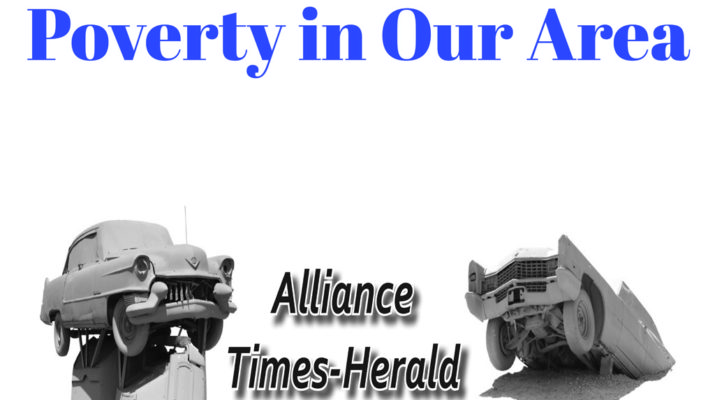Vaccines seem to have become a hot topic, even though we’ve been using them in the United States for well over 100 years. So why do we use vaccines? How do they work?
Our immune system fights disease by distinguishing between things that belong in our bodies and things that don’t, viruses and bacteria known as pathogens. The immune system then destroys the things that don’t belong. Unwanted foreign substances are identified by markers on their surface called antigens. A vaccine works by exposing the immune system to the antigens from a pathogen that causes a certain disease. When your immune cells encounter these antigens, they mount a response. One cell type, B cells, start making antibodies, which bind to the foreign substance, disable it, and mark it for destruction. Other immune cells, T cells, attack and destroy cells of the body that have been infected by the pathogen.
The body also produces long-lived types of white blood cells, called memory T cells and memory B cells, that remember the antigens that have just been encountered. If your immune system comes across the same antigens again, these memory cells allow you to mount a strong response against that specific pathogen very quickly, so you are much less likely to get ill.
Vaccines are very effective at providing protection against certain diseases, though they don’t provide immunity in 100 per cent of cases. Rates of effectiveness also vary from vaccine to vaccine: a three-dose course of the polio vaccine is 99 per cent effective, whereas the effectiveness of typhoid vaccines is only around 70 per cent. The flu virus mutates every year, so a new vaccine is required annually.
A further complication is that the effects of some vaccinations wear off over time. Two doses of the measles, mumps and rubella (MMR) vaccine will usually provide 20 years’ protection against measles, but the effects of a typhoid vaccine will typically wear off after three years. This is why we have boosters; they ‘remind’ our immune system how to identify certain pathogens and top up our immunity.
Sometimes we talk about herd immunity. No vaccine is 100 per cent effective, and not everyone in a population will be vaccinated; some people cannot be vaccinated. However, if most people in a population are vaccinated and become immune to a disease, its ability to spread will be vastly reduced. This protects people without immunity from infection too.
The National Foundation for Infectious Diseases gives us ten reasons why we should be vaccinated.
1. Vaccine-preventable diseases have not gone away, especially in other parts of the world. People who travel are often exposed to diseases that are no longer common in the US, which they might bring home with them.
2. Vaccines will help keep you healthy. Different vaccines are needed throughout your life to protect yourself from different infections and diseases.
3. Vaccines, just like diet and exercise, are important to your overall health.
4. Vaccination can mean the difference between life and death. Every year in the US, prior to the COVID-19 pandemic, approximately 50,000 adults died from vaccine-preventable diseases. COVID has killed over 700,000 Americans in the last two years.
5. Vaccines are safe. The US uses a rigorous testing process before the FDA approves a vaccine. Potential side effects associated with vaccines are uncommon and much less severe than the diseases they prevent.
6. Vaccines will not cause the diseases they were designed to prevent.
7. Young, healthy people can get sick, too. Infants and older adults are at increased risk for serious infections and complications, but vaccine-preventable diseases can strike anyone.
8. Diseases are expensive. An average flu illness can last up to 15 days, typically with five or six missed work or school days. Estimates are that diseases cost America $10 billion a year.
9. When you get sick, it places your children, grandchildren, parents, and friends at risk. You are suddenly unable to care for those who depend on you. And you spread your disease to those around you. Adults are the most common source of pertussis (whooping cough) infection in infants, which can be deadly for babies. When you get vaccinated, you are protecting yourself and your family as well as those in your community who may not be able to be vaccinated.
10. Your family and co-workers need you!

